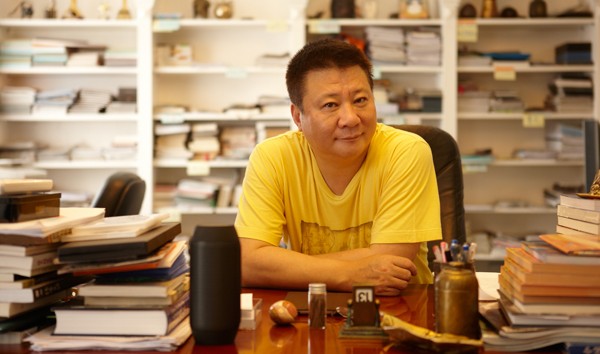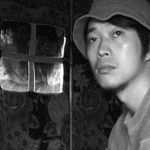In April earlier this year, the entrepreneur-turned-director Zhang Wei met FilmDoo cofounder Weerada at Far East Film Festival, held in Udine, Italy, to talk about his latest film Destiny (Xi He).
As a successful businessman who moved into filmmaking, Zhang Wei brings a refreshing perspective to his films, coupled with greater freedom to help raise awareness on issues faced by China’s various marginalised groups. In Destiny, it is the poignant story of a mother standing up for the right of her autistic son to get a normal education. His previous film, Factory Boss, is about an entrepreneur in Shenzhen desperately struggling to keep his factory operating in the face of economic difficulties. The latter work won Best Actor at the 2014 Montreal World Film Festival.
Speaking to FilmDoo, Zhang Wei told us about the inspiration behind his film Destiny and how his experience in business has helped to shape his filmmaking.
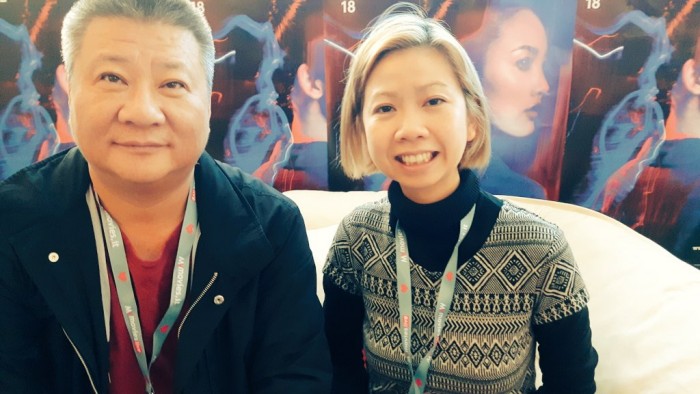
What was your inspiration for getting the film made?
Usually I get inspiration from current social news in China. If I’m touched by a story then I’d love to make a movie out of it. So this film, Destiny, is actually based on three news stories in China. The first story is of a mildly autistic child who went to a normal elementary school. Sometimes he couldn’t control himself and he could be a problem for other students because he was distracting. So the other students’ parents requested for the school to expel the sick child. The child’s mother was fighting against everyone else for her son’s opportunity to receive a normal education.
So that’s the first news, and the second news was about another child who suffered from autism. He used to go to a normal school every day but then the school just expelled him. So then he jumped out of a window and died. Finally, the third news was about another adult who suffered from autism. His father had to go to work but his condition was really severe, so his father had to lock his son in a cage and chained him up, otherwise he would get very violent. There are these three true stories which took place in Chinese society and which all had something to do with autism. I got my inspiration from them to make this film Destiny.
What was really interesting about the film is that it was actually more the story of the mother. It’s not just focusing on the child. It also shows the mother’s strength, her character and what she wants to see for her son. What was the idea behind telling so much of the story from her perspective?
The mother in the film loves her son and does everything she can to get him a normal education but, at the same time, she’s selfish because she also does this for the sake of herself. She has a brother suffering from autism and she has miserable childhood memories and mental scars. So that’s why she would do everything possible to get her son into a normal school, because she doesn’t want to have that kind of life experience again, because she was hurt once as a little girl and she doesn’t want to be hurt for a second time as the mother of an autistic child.
The character of the mother in the film is stubborn. She’s not going to be loved by everyone and she’s just going to do what she wants. She doesn’t care about others. But when audiences get to the main part of the film, they’re probably going to have some sympathy for her because she’s motivated by all these hidden stories from her past. So that’s what I as the director tried to present in this character. Nobody’s perfect and this mother is imperfect but still, motherhood is something she really holds onto – that and the wish to just fight against her fate. That’s understandable.
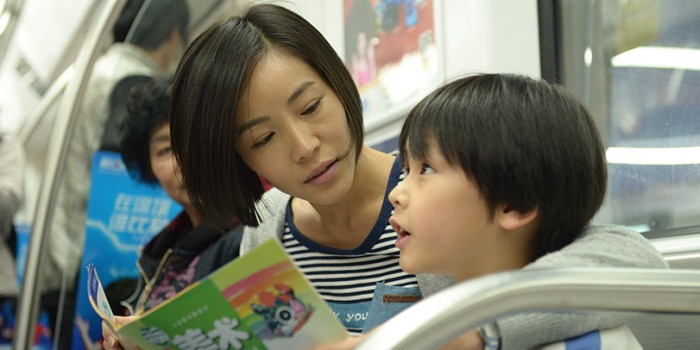
The representation of the character with autism and the family was very realistic. Have you had experiences with family or friends who are autistic? How did you study the case of autism to help with the making of this film?
In order to get these details right in the film, to begin with, I interviewed probably about one hundred families with autistic children. Afterwards, the whole cast and crew, including the actors, the actresses, the artists, the cinematographers basically went to watch what these families were like, what their daily lives were like. So they took a whole month to really do the fieldwork and just live the lives of these families, putting themselves into their shoes.
So, for example, if you look at the table of the family, the corners of the table are covered by cloth because that’s what the tables are like in those real families. They’re afraid that the sick child is going hurt him or herself with this sharp corner.
What would you hope and wish to achieve with this film?
That’s a good question. The film is based on the current social news but I intend to also just help those people in need for better preparation for the future because, in China, these social benefits to help minority groups are very limited. So they’ve got to take care of themselves, and sometimes people are wondering, if the parents are gone, what can these children really do? They are not able to survive on their own. In western countries, the social system works in a better way and the government will take care of you but, in China, you are basically on your own. So I would really like to get the public’s attention and raise awareness about what the disease is like and how society can help them out.
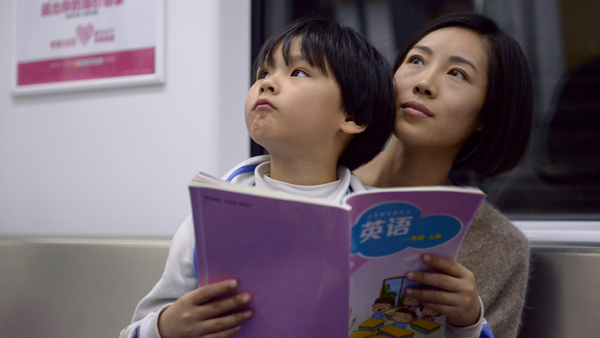
I understand you’ve been a very successful business entrepreneur for twenty years. How would you say your experience in business has helped you in filmmaking?
When I was a successful businessman and making big money, I wasn’t thinking of becoming a director. I was always into the arts but it was only later on that I got into the field of directing. One of the benefits of having had a successful career in business is that I’ve got savings and I’m able to express my own opinions without having investors telling me, “Hey, you’ve got to do this,” or “You have to say that.” There’s a freedom of expression that the money gives you.
So obviously your experience as a filmmaker is unusual in that you had the resources and the business backing when you started making films but what advice would you give to other young filmmakers around the world who don’t have those kind of resources when they start their filmmaking career?
From my perspective, there are four factors that matter in being a successful independent film director, especially for young people. Factor one is that you’ve got to have the time and got to be dedicated. When I was young, I had the talent and I had the money but I had no time. Factor two is that you must have investment, the budget to make the movie. Factor three is talent and factor four is opportunities. If you can be discovered by someone who really appreciates your talent, you will be able to get a lot of help. So basically: dedication, money, talent and opportunity – both what you have on the inside and what you encounter externally will be the key in driving your success.
Find more Asian cinema on FilmDoo.com.
Cover photo from China Daily Asia.

